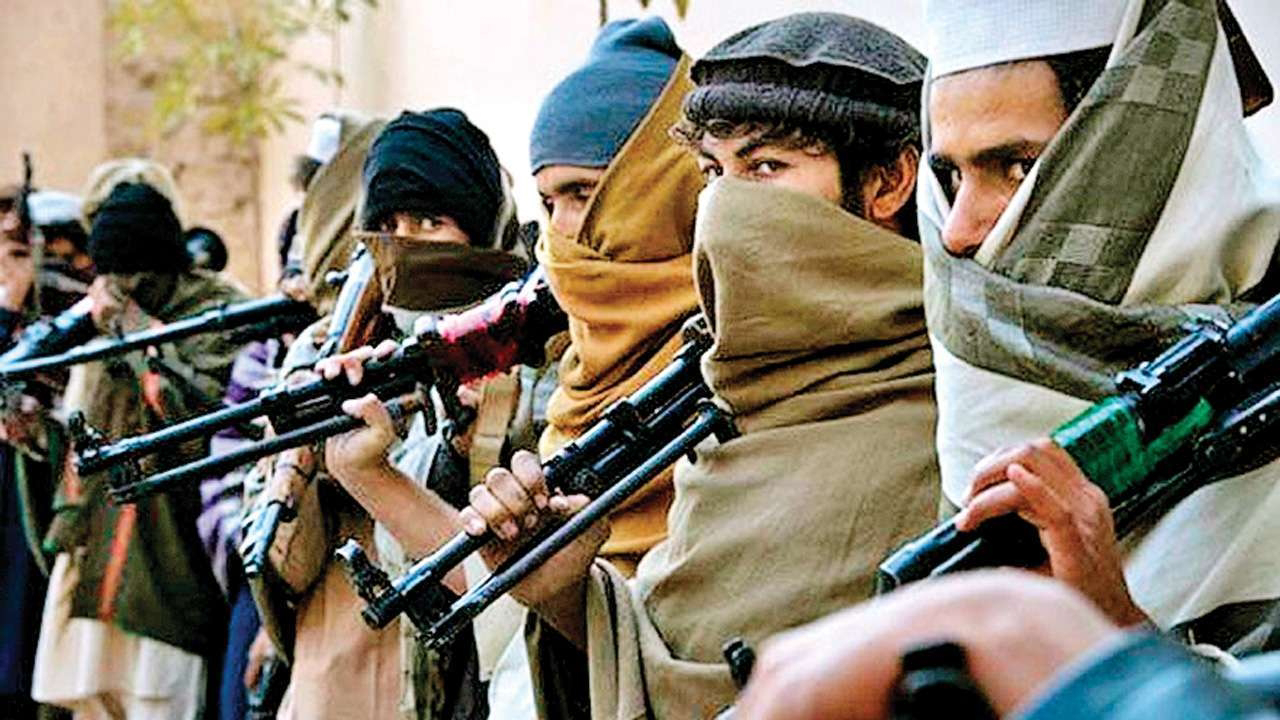Conflict perspective:-terrorist activities originated as a result of substantial suppression of a minority groups, be it racial ,ethnic or religious. Expanding from the inequlity that already perfuated in the society.
Symbolic interactionism :- they treated terrorism as learned behaviours. Individual learn how to commit crimes or become terrorist through the interaction with other terrorists or criminals.this perspective has a tendency to label criminals and terrorist as members of deviant subculture or as counterculture which encourages it's members to commit just the types of acts that the particular group ratified.
Social Causes of terrorism
1.disparity in the distribution of resources:- Madhya Pradesh, bihar and Odisha prime example of terrorism due to socio-economic causes ( where unemployment+exploitation of landless by land owners + absence of land reforms ).
2.ethno-nationalism:-demanding greater autonomy of succession from a country for ethnic reason.
Ex: separate nations like Jammu and Kashmir and in Easter states of India
3.religion:- Maximum number of terrorist incidents in due to religious terrorism.Religion has been mainly attributed to islamic fundamentalism as part of terrorism.
Ex:sikh group chose terrorism to create an independent states called Khalistan based on sikh religion
4.socio-economic status:- ( relative deprivation) due to economic differences between rich countries and poor country lead to humiliation frustrations and victimization in group of persons belong to poor countries.
5.alienation or discrimination:-sentiments of discrimination and isolation ex: 9/11 terrorist attack in USA ( USA migrant muslims who went to Germany from thier native nation for thier education they felt discriminated in Europe,they created terrorist group )
6.political grievances:- demand is not to create state but to change the political policy within nation.Ex: left and right wing terrorist.
7.the accidental guerrilla:- David kilcullen describes it as " a terrorist organisation moves into an area with poor government or that is conflict ridden. Then use this safe haven to spread thier ideology to
other areas.
8.no safety valves:-each social group has built in safety valves for letting offstress. enterainment, gambling and prostitutions. When authorities closed these safety valves for some ulterior motive without taking consideration of morale, habits of the people or without recognising thier latent functions( involvement of film/drug mafia in Bombay blasts in 1993 )
Social Consequences of terrorism :-
1.it can lead to changes in people beliefs and attitudes ( how people view other societies)
2.increasing negative stereotyping ( ex: rise of Islamophobia in USA following 9/11 atttack and anti-arab sentiments in Spain following Madrid train bombing)
3.rise of enthnocentrism and xenophobia ( group of citizens of affected nations increase its solidarity in the face of violence )
3.terrorist acts would entail the govt to create more jobs opportunity in both public service or
millitary to combat against them.
4.terrorism provieds a legitimation for the use of civilian surveillance to monitor against potential terrorist activities .
🔸 Functionalist would contends that it is a useful part of the society as it preempts future rise
of terrorism.
🔸 Conflict perspective believe that terrorism has become a justification for the govt to launch more vigorous surveillance on its citizens and systematically deprive them of thier right to privacy in life.
5.terrorism strengthening the both internal cohesion and external collaboration of state.
6.causes suspicion and tension among different ethnic and religious groups.
While applied Robert k Merton theory of latent and manifest functions:-
Manifest functions of terrorism:-
⏺️Forms and strengthening in group solidarity and cohesiveness.
⏺️ Can bring about needed changes
⏺️ Can make conformity seem more desirable
Latent functions of terrorism:-
🔸 Terrorism makes life unpredictable and dangerous
🔸 Weakens people motivation to conform
🔸Confusion of norms and values
Terrorism is a global problem that transcends national boundaries, but does not emerge from a social vacuum. It is influenced, encouraged, and caused by interaction between the individual, society, and the state. Social disintegration can alienate individuals and groups to such an extent that terrorism is seen as an available and expedient recourse to address their grievances. For this reason, terrorism cannot be addressed exclusively as a military or political problem, but rather must
be confronted on a societal level as well.



